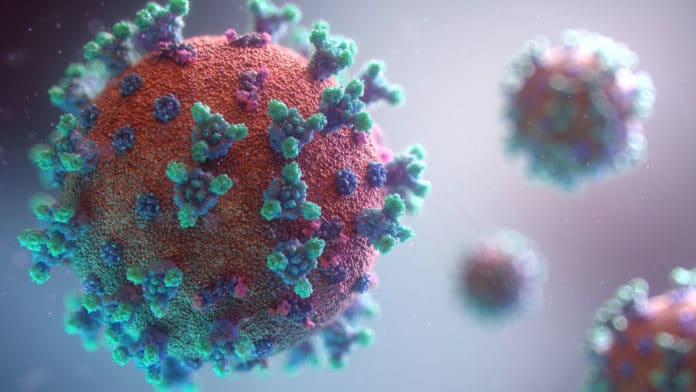The recent emergence of the novel, pathogenic SARS-coronavirus 2 (SARS-CoV-2) in China and its rapid national and international spread pose a global health emergency. Cell entry of coronaviruses depends on the binding of the viral spike (S) proteins to cellular receptors and on S protein priming by host cell proteases. Unraveling which cellular factors are used by SARS-CoV-2 for entry might provide insights into the viral transmission and reveal therapeutic targets.
Infection biologists from the German Primate Center – Leibniz Institute for Primate Research in Göttingen, together with colleagues at Charité – Universitätsmedizin Berlin, have investigated how the novel coronavirus SARS-CoV-2 penetrates cells.
They identified a cellular enzyme that is essential for viral entry into lung cells: the protease TMPRSS2. A clinically proven drug known to be dynamic against TMPRSS2 was found to square SARS-CoV-2 infection and might establish a novel treatment option (Cell).
Stefan Pöhlmann, head of the Infection Biology Unit at the German Primate Center said, “Our results show that SARS-CoV-2 requires the protease TMPRSS2, which is present in the human body, to enter cells. This protease is a potential target for therapeutic intervention.”
After knowing that the drug camostat mesilate inhibits the protease TMPRSS2, scientists investigated whether it can also prevent infection with SARS-CoV-2.
Markus Hoffmann, the lead author of the study said, “We have tested SARS-CoV-2 isolated from a patient and found that camostat mesilate blocks entry of the virus into lung cells. Our results suggest that camostat mesilate might also protect against COVID-19. This should be investigated in clinical trials.”
Reference:
- SARS-CoV-2 cell entry depends on ACE2 and TMPRSS2 and is blocked by a clinically-proven protease inhibitor. DOI: 10.1016/j.cell.2020.02.052
